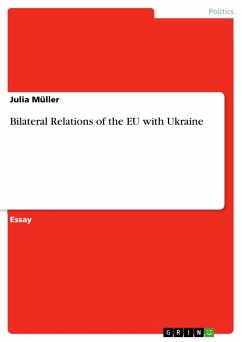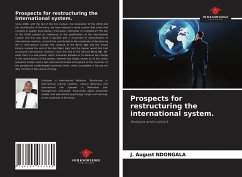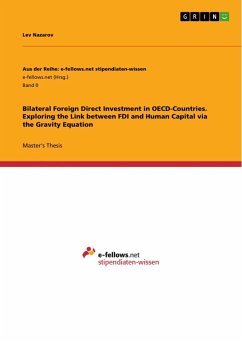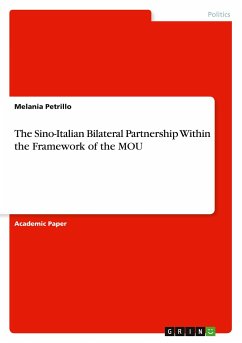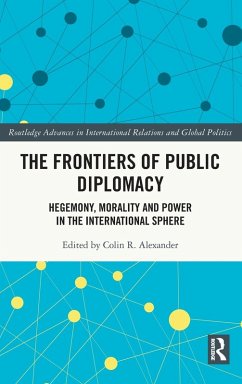
The Strategic Sense of Brazil-Germany Bilateral Relations
Three moments and possibilities in the midst of the capitalist interstate system
Versandkostenfrei!
Versandfertig in 6-10 Tagen
37,99 €
inkl. MwSt.

PAYBACK Punkte
19 °P sammeln!
In the first decade of the 21st century, Brazil and Germany began a new cycle in their bilateral relations. In addition to the strong historical, socio-cultural and commercial links, co-operation in strategic areas, identified at an earlier stage, has been revived with greater intensity. This change in orientation was only possible due to the contemporary international context. The world system has now reached a geopolitical configuration that gives states greater room for manoeuvre in relation to the hegemonic power, a result of the transformations that took place during the 1970s. Taking adv...
In the first decade of the 21st century, Brazil and Germany began a new cycle in their bilateral relations. In addition to the strong historical, socio-cultural and commercial links, co-operation in strategic areas, identified at an earlier stage, has been revived with greater intensity. This change in orientation was only possible due to the contemporary international context. The world system has now reached a geopolitical configuration that gives states greater room for manoeuvre in relation to the hegemonic power, a result of the transformations that took place during the 1970s. Taking advantage of this gap, Brazil and Germany, in their quest to realise the project of national power, adopted a stance aimed at promoting development and a more autonomous international insertion.



